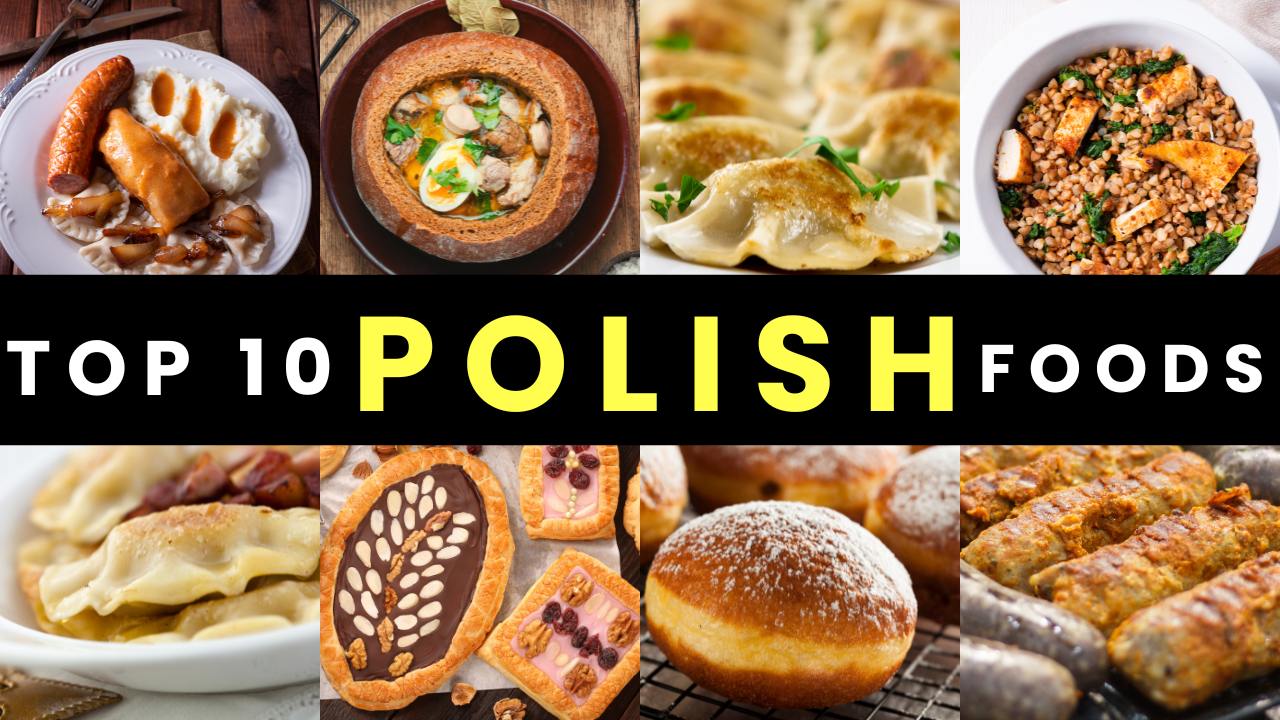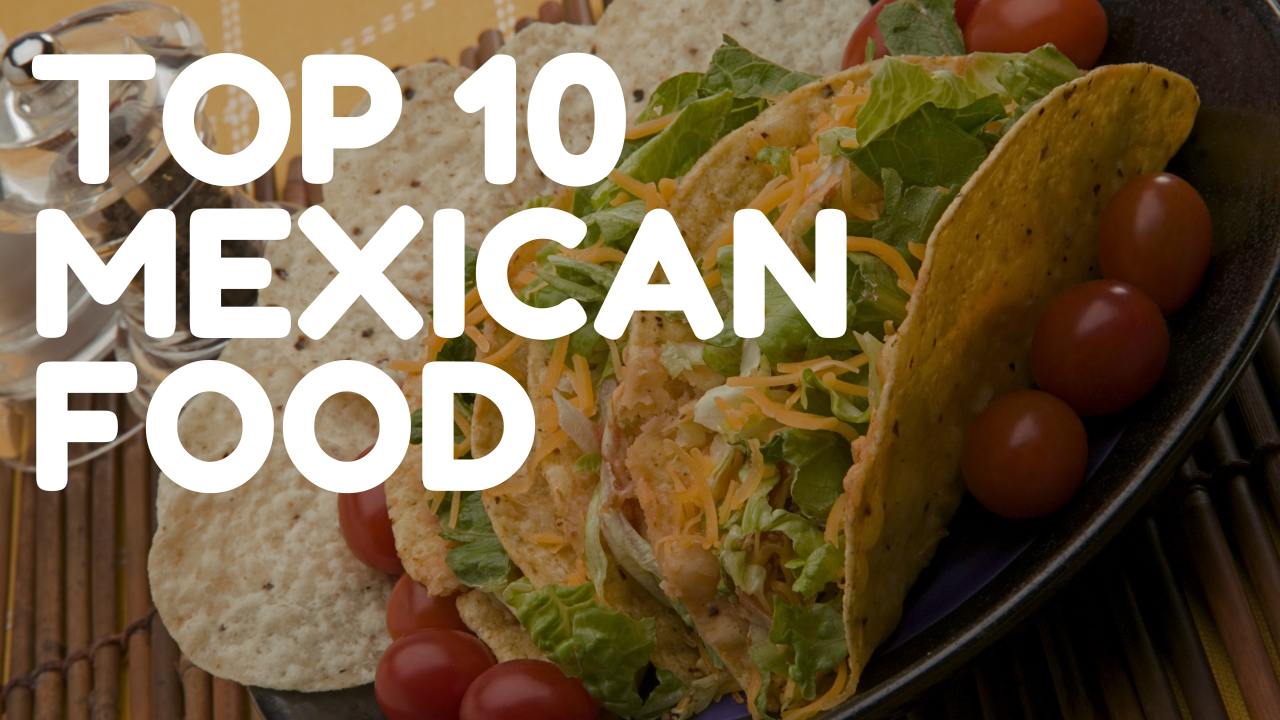Introduction To A Balanced Diet
Maintaining a balanced diet is crucial for overall health and well-being. A balanced diet provides essential nutrients, vitamins, and minerals necessary for optimal functioning of the body. It is essential to incorporate a variety of healthy foods into our daily meals to ensure we are getting all the nutrients our bodies need. In this article, we will explore the top 20 healthiest foods that should be a part of your balanced diet.
The Importance of Incorporating Healthy Foods
Incorporating healthy foods into our diet is vital for several reasons. Firstly, healthy foods provide us with the necessary nutrients to support our bodily functions. These nutrients help in maintaining healthy bones, muscles, and organs, as well as boosting our immune system. Secondly, healthy foods are rich in antioxidants, which help in fighting off harmful free radicals and reducing the risk of chronic diseases such as heart disease and cancer. Lastly, a diet rich in healthy foods can help in managing weight, improving digestion, and increasing energy levels.
What Makes A Food Healthy?

A healthy food is one that is nutrient-dense and provides a wide range of essential nutrients while being low in unhealthy components such as added sugars, unhealthy fats, and excessive sodium. Healthy foods are typically whole and unprocessed, as processing can strip away important nutrients. They are also rich in fiber, vitamins, and minerals. Additionally, healthy foods are often low in calories, making them a great choice for those looking to maintain or lose weight.
Top 20 Healthiest Foods For A Balanced Diet (listed in no particular order)
1. Spinach: Spinach is packed with essential vitamins and minerals such as vitamin K, vitamin A, folate, and iron. It is also a great source of antioxidants and fiber.
2. Broccoli: Broccoli is rich in vitamin C, vitamin K, and fiber. It is also known for its cancer-fighting properties and is a great addition to any balanced diet.
3. Blueberries: Blueberries are loaded with antioxidants and are a great source of vitamins C and K. They are also low in calories and can be enjoyed as a healthy snack or added to smoothies and salads.
4. Salmon: Salmon is an excellent source of omega-3 fatty acids, which are important for heart health. It is also high in protein and provides a good amount of vitamin D.
5. Quinoa: Quinoa is a gluten-free grain that is high in protein and fiber. It is also a good source of iron, magnesium, and folate.
6. Sweet potatoes: Sweet potatoes are packed with vitamin A, vitamin C, and fiber. They are also a good source of complex carbohydrates, making them a great energy source.
7. Avocados: Avocados are rich in healthy fats, particularly monounsaturated fats. They are also a good source of vitamins C, E, and potassium.
8. Greek yogurt: Greek yogurt is high in protein and calcium. It also contains probiotics, which are beneficial for gut health.
9. Almonds: Almonds are a great source of healthy fats, protein, and fiber. They are also rich in vitamin E, magnesium, and antioxidants.
10. Tomatoes: Tomatoes are rich in lycopene, an antioxidant that has been linked to a reduced risk of certain types of cancer. They are also a good source of vitamins C and A.
11. Oats: Oats are high in fiber and provide a good amount of protein. They are also rich in vitamins and minerals and can help in lowering cholesterol levels.
12. Oranges: Oranges are packed with vitamin C and fiber. They are also low in calories, making them a great choice for a healthy snack.
13. Lentils: Lentils are a great source of plant-based protein and fiber. They are also rich in iron, folate, and potassium.
14. Kale: Kale is a nutrient powerhouse, packed with vitamins A, C, and K. It is also high in fiber and antioxidants.
15. Chia seeds: Chia seeds are rich in omega-3 fatty acids, fiber, and antioxidants. They are also a good source of protein and can be added to smoothies, oatmeal, or used as an egg substitute in baking.
16. Beans: Beans are an excellent source of plant-based protein, fiber, and complex carbohydrates. They are also rich in iron, zinc, and folate.
17. Dark chocolate: Dark chocolate, when consumed in moderation, can provide several health benefits. It is rich in antioxidants and can help in lowering blood pressure and improving heart health.
18. Green tea: Green tea is high in antioxidants and can help in boosting metabolism and promoting weight loss. It also contains caffeine, which can provide an energy boost.
19. Berries: Berries such as strawberries, raspberries, and blackberries are rich in antioxidants and fiber. They are also low in calories, making them a great choice for a healthy dessert.
20. Olive oil: Olive oil is rich in monounsaturated fats and antioxidants. It is a healthier alternative to other cooking oils and can be used in dressings and marinades.
Nutritional Benefits of Each Healthiest Food

- Spinach is a nutrient powerhouse, providing a good amount of vitamin K, vitamin A, folate, and iron. Vitamin K is essential for blood clotting, while vitamin A is important for vision and immune function. Folate is necessary for DNA synthesis and cell division, and iron is crucial for oxygen transport in the blood.
- Broccoli is rich in vitamin C, vitamin K, and fiber. Vitamin C is important for immune function and collagen synthesis. Vitamin K is essential for bone health, while fiber aids in digestion and helps in maintaining a healthy weight.
- Blueberries are loaded with antioxidants, which help in fighting off harmful free radicals. They are also a great source of vitamins C and K. Vitamin C is important for immune function and collagen synthesis, while vitamin K is essential for bone health.
- Salmon is an excellent source of omega-3 fatty acids, which are important for heart health. It is also high in protein, providing essential amino acids necessary for various bodily functions. Salmon is also a good source of vitamin D, which is important for bone health and calcium absorption.
- Quinoa is a gluten-free grain that is high in protein and fiber. It is also a good source of iron, magnesium, and folate. Iron is necessary for oxygen transport in the blood, while magnesium is important for nerve function and blood pressure regulation.
- Sweet potatoes are packed with vitamin A, vitamin C, and fiber. Vitamin A is important for vision and immune function, while vitamin C is essential for collagen synthesis and immune function. Fiber aids in digestion and helps in maintaining a healthy weight.
- Avocados are rich in healthy fats, particularly monounsaturated fats. These fats are beneficial for heart health and can help in reducing bad cholesterol levels. Avocados are also a good source of vitamins C, E, and potassium.
- Greek yogurt is high in protein and calcium. Protein is important for muscle growth and repair, while calcium is crucial for healthy bones and teeth. Greek yogurt also contains probiotics, which are beneficial for gut health.
- Almonds are a great source of healthy fats, protein, and fiber. They are also rich in vitamin E, magnesium, and antioxidants. Vitamin E is important for immune function and skin health, while magnesium is necessary for nerve function and blood pressure regulation.
- Tomatoes are rich in lycopene, an antioxidant that has been linked to a reduced risk of certain types of cancer. They are also a good source of vitamins C and A. Vitamin C is important for immune function and collagen synthesis, while vitamin A is essential for vision and immune function.
- Oats are high in fiber and provide a good amount of protein. They are also rich in vitamins and minerals such as manganese, phosphorus, and magnesium. Fiber aids in digestion and helps in maintaining a healthy weight, while the minerals in oats are important for various bodily functions.
- Oranges are packed with vitamin C and fiber. Vitamin C is important for immune function and collagen synthesis, while fiber aids in digestion and helps in maintaining a healthy weight. Oranges are also low in calories, making them a great choice for a healthy snack.
- Lentils are a great source of plant-based protein and fiber. They are also rich in iron, folate, and potassium. Iron is necessary for oxygen transport in the blood, while folate is important for DNA synthesis and cell division. Potassium is crucial for heart health and blood pressure regulation.
- Kale is a nutrient powerhouse, packed with vitamins A, C, and K. It is also high in fiber and antioxidants. Vitamin A is important for vision and immune function, while vitamin C is essential for immune function and collagen synthesis. Vitamin K is necessary for bone health.
- Chia seeds are rich in omega-3 fatty acids, fiber, and antioxidants. They are also a good source of protein. Omega-3 fatty acids are important for heart health and brain function, while fiber aids in digestion and helps in maintaining a healthy weight.
- Beans are an excellent source of plant-based protein, fiber, and complex carbohydrates. They are also rich in iron, zinc, and folate. Iron is necessary for oxygen transport in the blood, while zinc is important for immune function and wound healing. Folate is essential for DNA synthesis and cell division.
- Dark chocolate, when consumed in moderation, can provide several health benefits. It is rich in antioxidants, particularly flavonoids, which help in reducing inflammation and improving heart health. Dark chocolate can also help in lowering blood pressure and reducing the risk of blood clots.
- Green tea is high in antioxidants, particularly catechins, which have been shown to have numerous health benefits. Green tea can help in boosting metabolism and promoting weight loss. It also contains caffeine, which can provide an energy boost.
- Berries such as strawberries, raspberries, and blackberries are rich in antioxidants and fiber. They are also low in calories, making them a great choice for a healthy dessert. Antioxidants help in fighting off harmful free radicals, while fiber aids in digestion and helps in maintaining a healthy weight.
- Olive oil is rich in monounsaturated fats and antioxidants. It is a healthier alternative to other cooking oils and can help in reducing inflammation and improving heart health. Olive oil can be used in dressings and marinades, adding flavor and health benefits to your meals.
How To Incorporate These Healthiest Foods Into Your Diet
Incorporating these top 20 healthiest foods into your diet is easier than you might think. Here are some simple ways to include them in your meals:
I) Start your day with a nutritious breakfast by adding spinach or kale to your omelet or scrambled eggs. You can also top your oatmeal with berries and almonds for an extra boost of flavor and nutrients.
II) Make salads more exciting by adding broccoli, tomatoes, and avocado. You can also sprinkle some chia seeds on top for added crunch and health benefits.
III) Snack on a handful of almonds or enjoy them as a topping for Greek yogurt or a salad. You can also make your own almond butter for a healthy and delicious spread.
IV) Replace regular pasta or rice with quinoa for a nutrient-packed alternative. Quinoa can be used in salads, stir-fries, or as a side dish.
V) Include salmon in your weekly meal plan by grilling or baking it. Pair it with a side of roasted sweet potatoes and steamed vegetables for a well-rounded meal.
VI) Add lentils or beans to soups, stews, or salads for an extra dose of protein and fiber. They can also be used as a meat substitute in vegetarian dishes.
VII) Use olive oil as a healthier alternative to other cooking oils. Drizzle it over roasted vegetables or use it as a base for homemade salad dressings.
VIII) Enjoy a piece of dark chocolate as an occasional treat. Look for dark chocolate with a high percentage of cocoa for maximum health benefits.




